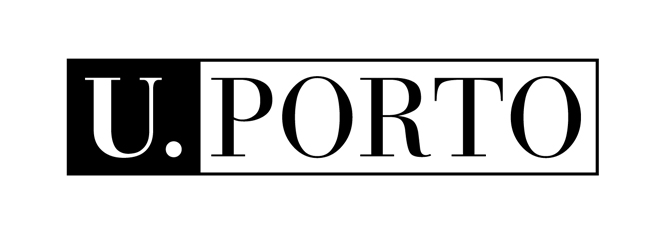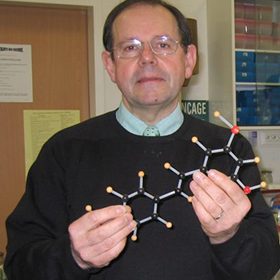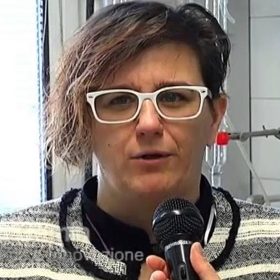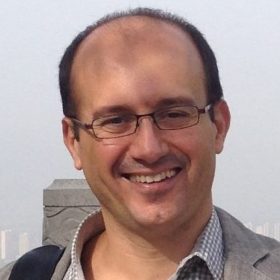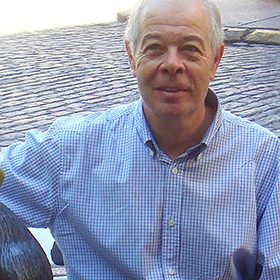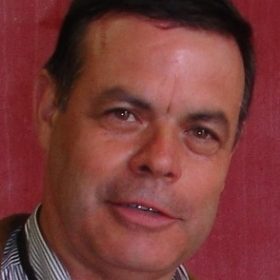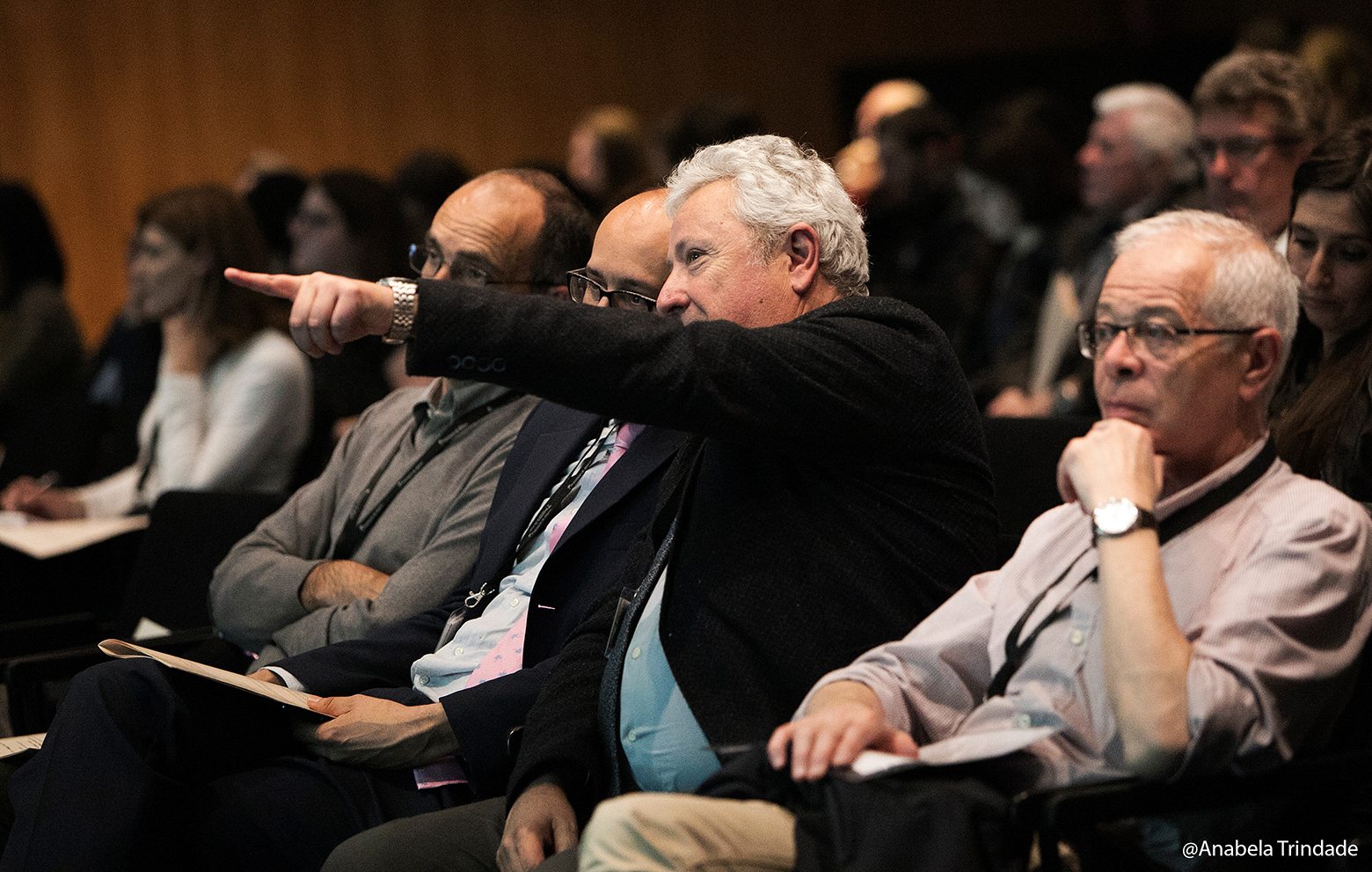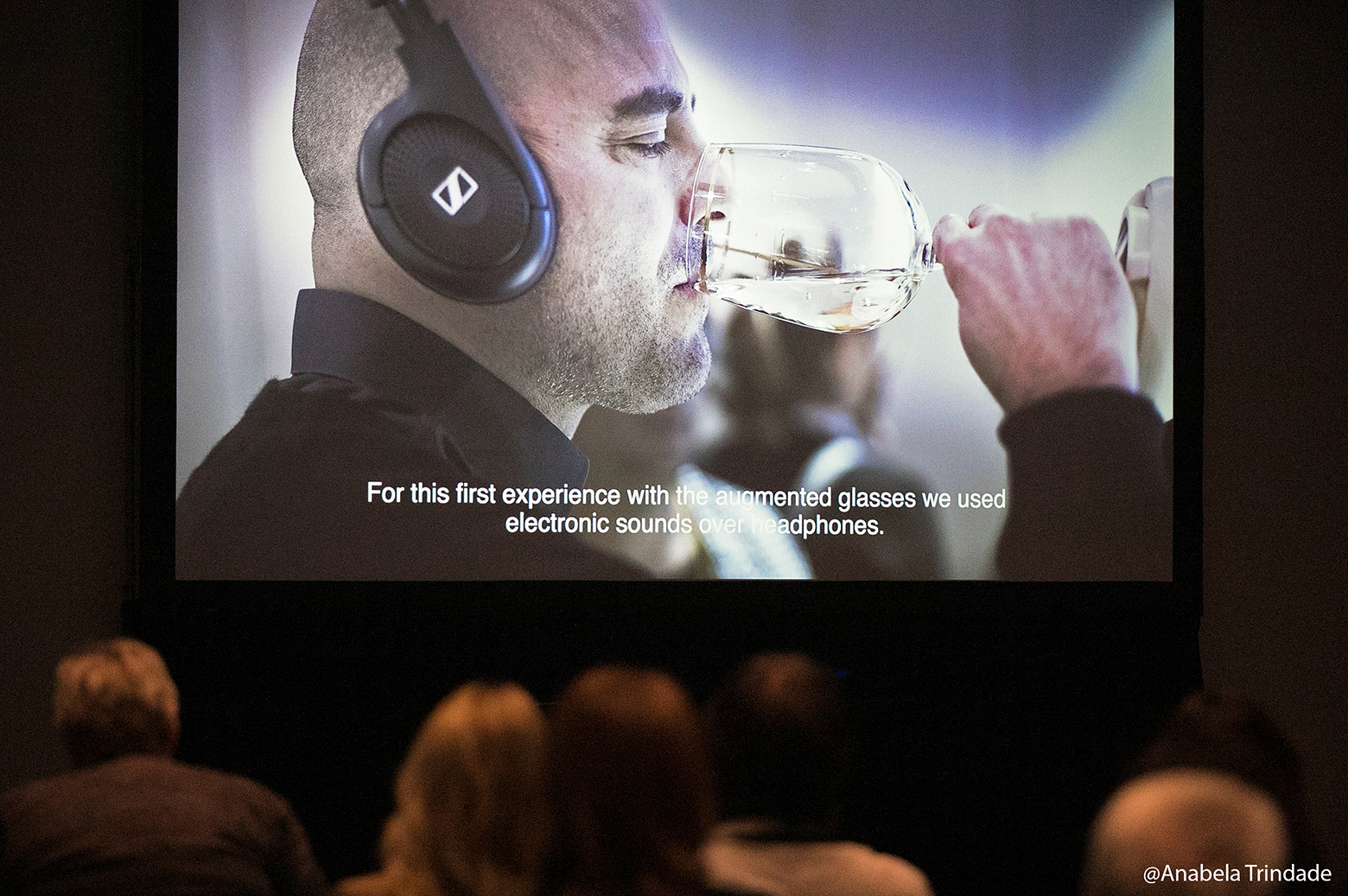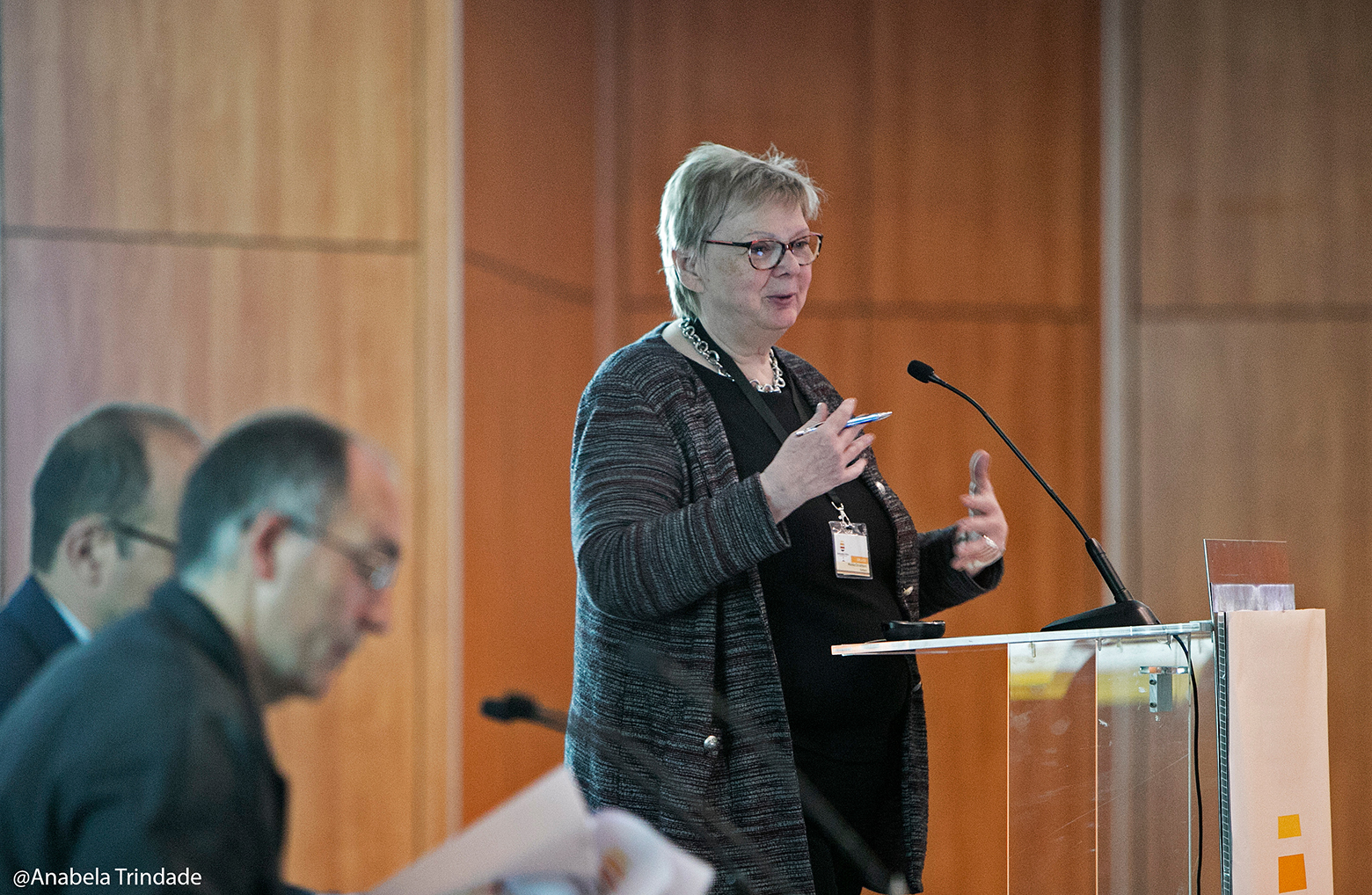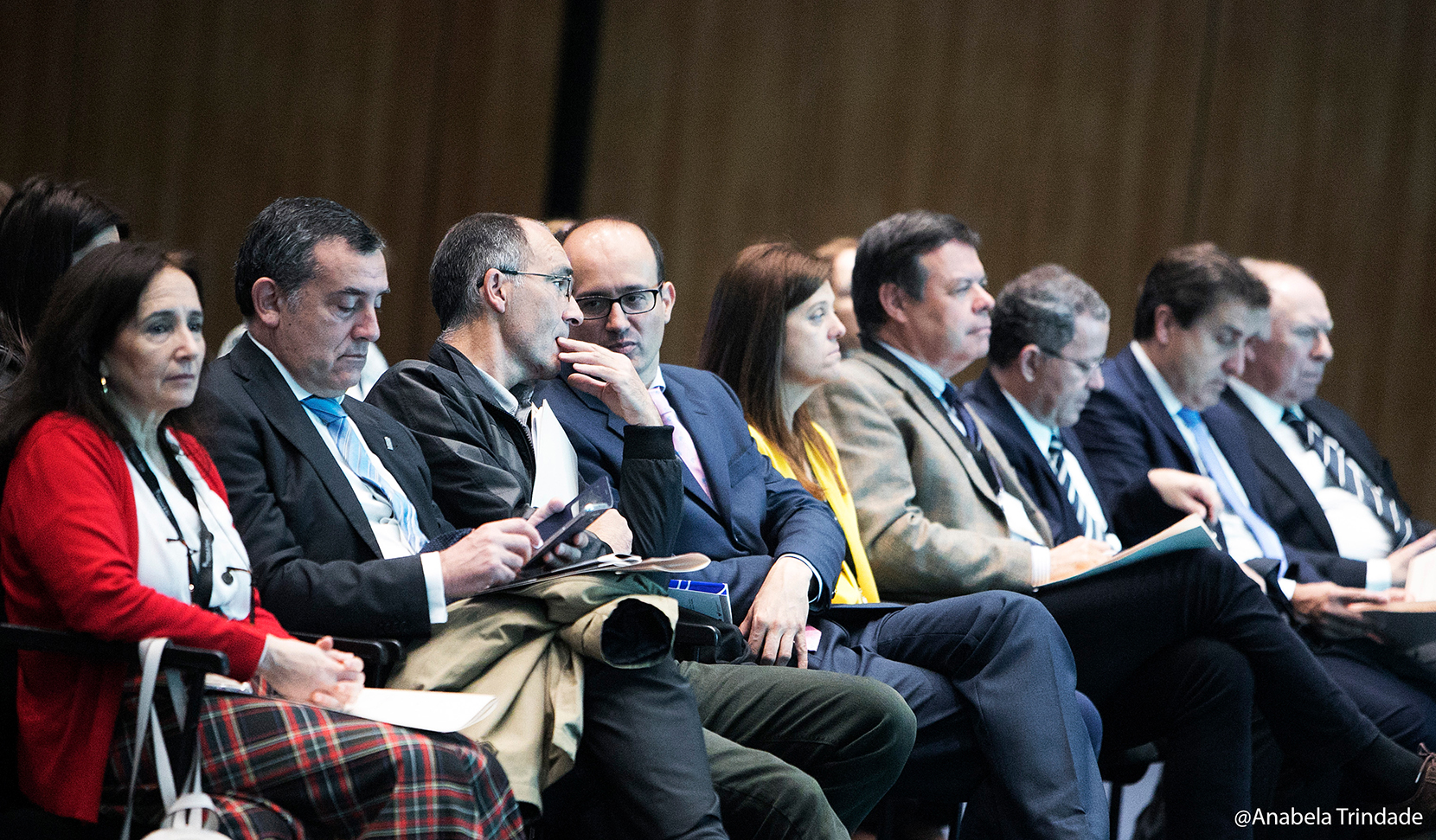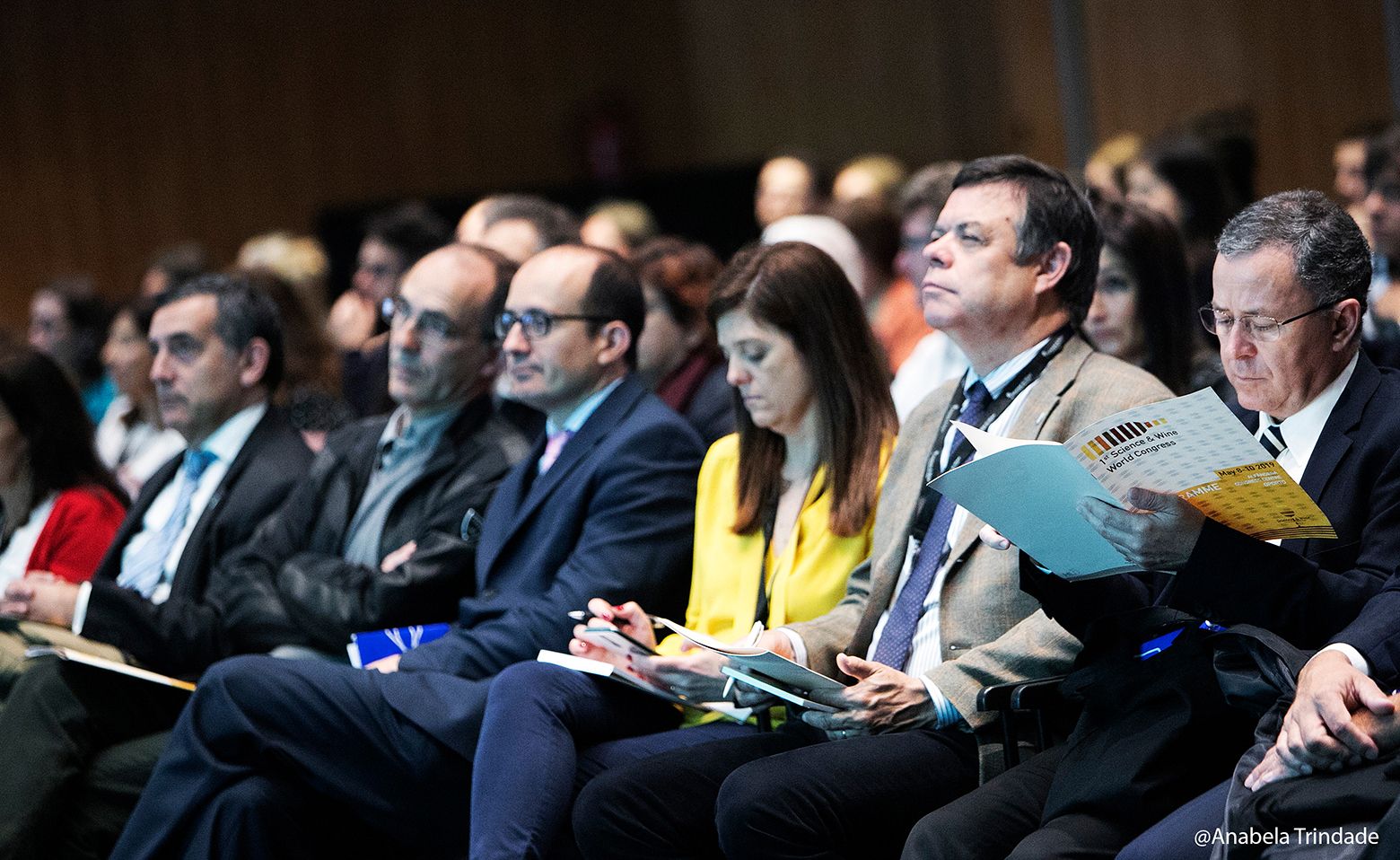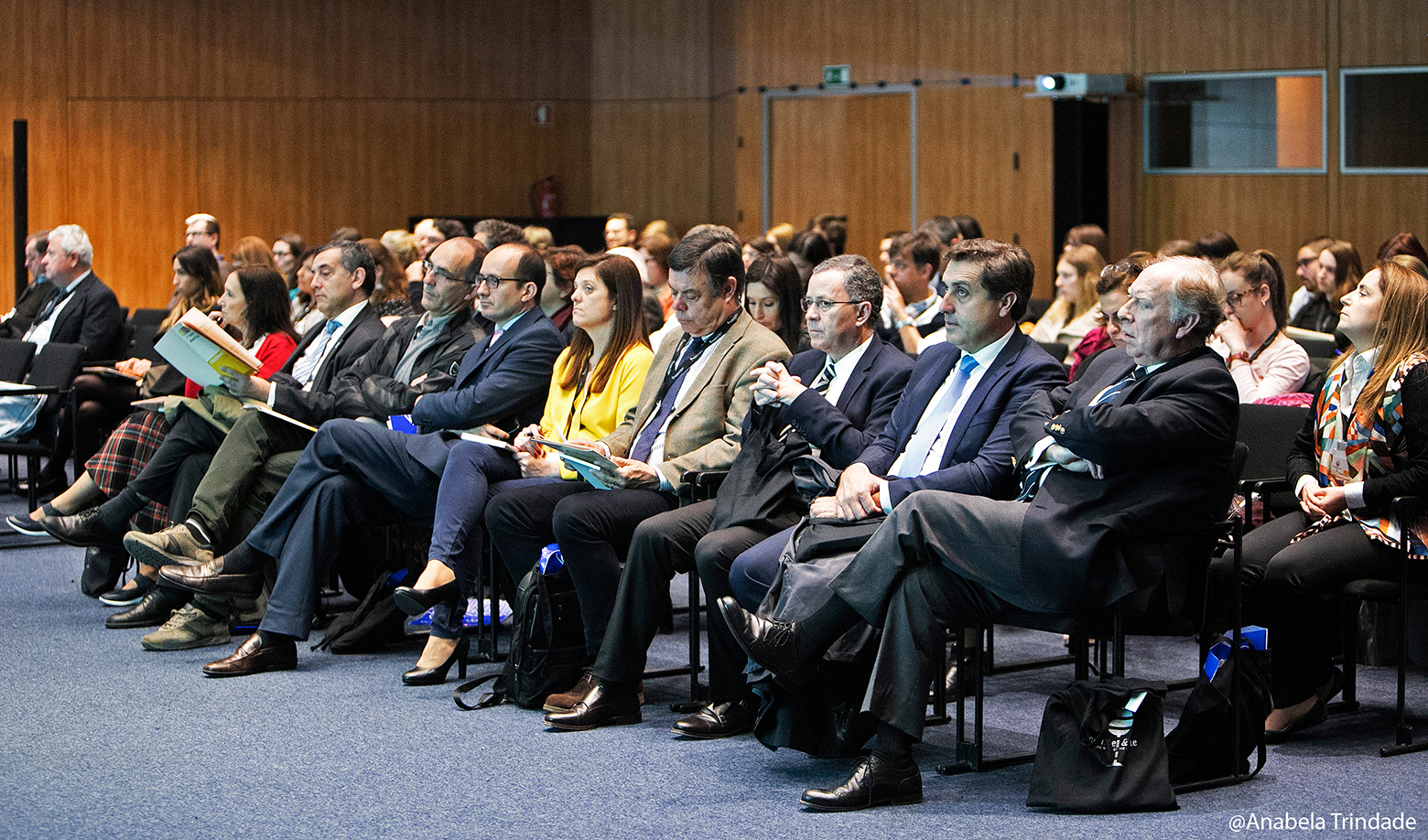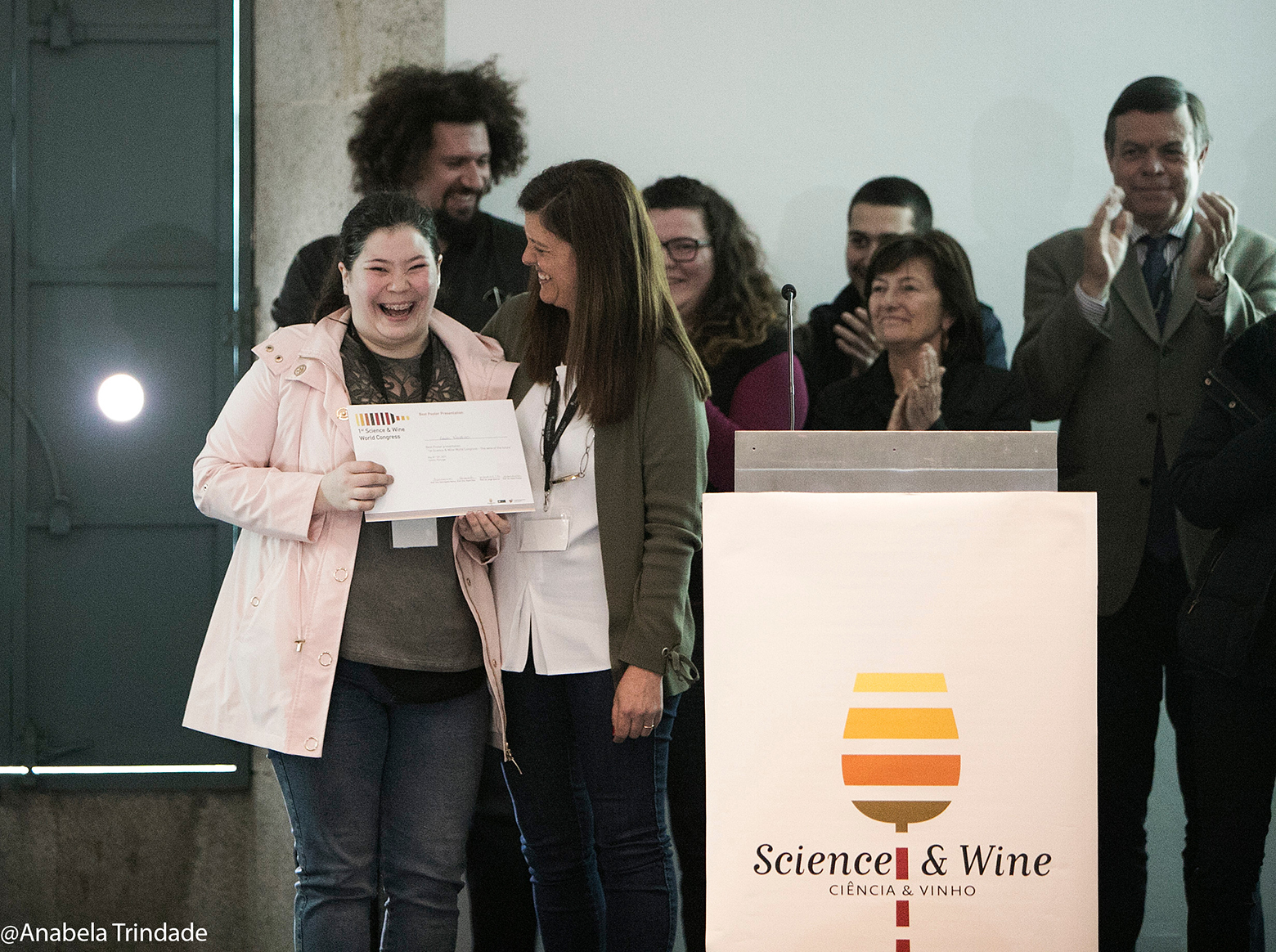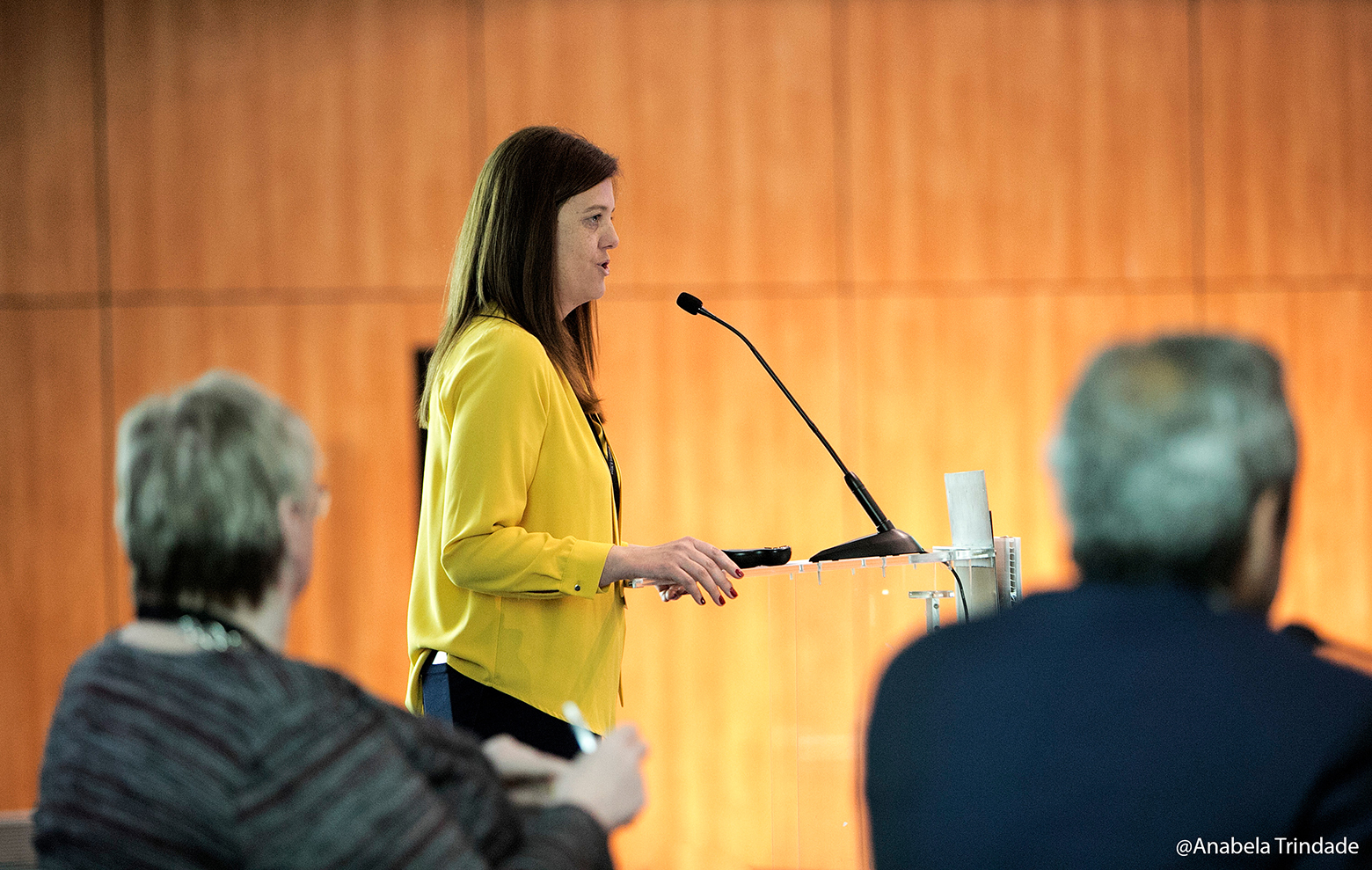First Science & Wine World Congress
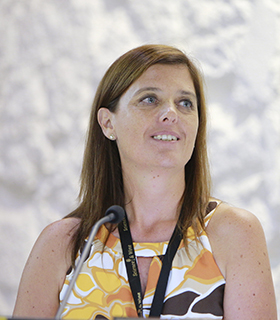
1st Science & Wine World Congress took place at 8-10 May 2019 in Porto, Portugal.
Science & Wine 2019 followed the success of the first National Conference in 2017, also held in Porto, and addressed the multitude of issues associated with wine technology, chemistry and biochemistry, health and environmentally sustainable development of wine industry.
Read the introduction papers to this congress in:
Journal of Innovation Management
Journal of Agricultural and Food Chemistry
The topic chosen for this 1st Science & Wine World Congress is “The Wine of the Future”. This was the moment to bring together the experience of experts from industry, academia, research institutions, service providers, regulatory agencies and policy makers and design the wine that will be consumed in the future. To do this, it is important to understand how new technological advances could be used towards to wine production increase and wine quality improvement. Wine authenticity, wine health effects and sustainable practices of wine production are issues considered by consumers in their purchasing processes, therefore it is also important to discuss them when designing the wine of the future.
Paula Cristina Paulo Videira da Silva
President of Wine & Science 2019
Institutional Partners
Tracks
Track 1: Technology for wine analysis
- What type of wine do you want to drink? The nanotechnology engineered wine.
- Could portable electronic tongue replace human panelists to measure toxic substances and make objective analysis in wine?
- Could electronic tongue be used as analytical tool dedicated to qualitative and quantitative assessment of wine production?
- Is really needed to develop a simple device that can mimic the human sense of smell to be used in routine industrial applications?
Track 2: New technological trends in wine production
- Which are the novel processing applications to improve wine quality characteristics?
- The inevitable application of big data to wine production!
- Recent advances in precision viticulture and robotics applied to the vineyard.
Track 3: The consumers of the future
- Drink or not drink wine? A science communication question?
- Is the reduction of the SO2 amount in wines a decisive strategy for the wine industry?
- Does supplying organic wines enhance a firm’s brand image?
- Consumer perceptions of luxury wines: the example of ice wines.
- There is a future for wines like the blue ones?
- The impact of wine on aging and longevity
Track 4: Sustainable viticulture
- Use of different vine species and varieties in viticulture: be prepared to climate change.
- Sustainable viticulture: water quality/treatment, viticulture waste, and energy-related issues.
- What is the wine’s carbon footprint size, and how can technology reduce it?
Track 5: Fate and biotransformation of wine residues industry
- Use of wine by-products in animal nutrition and in agriculture.
- What’s new in biopotential of wine by-products applied in the pharmaceutical industry?
Track 6: Future strategies for wine traceability and authenticity
- Recent advances in fingerprinting techniques in wine authenticity and traceability
- Have DNA-methodologies potential to be applied for wine authenticity purposes?
Programme and Abstracts Book
Gallery
Participants can choose to submit the papers to one of these two journals.
Journal of Agricultural and Food Chemistry
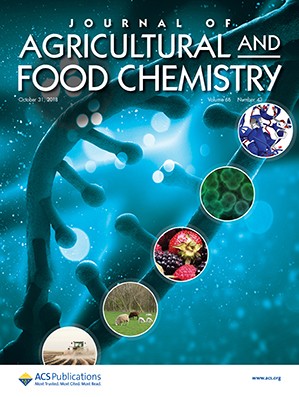
Selected, refereed papers from the 1st Science & Wine World Congress are planned to be published in a special issue of Journal of Agricultural and Food Chemistry. Oral and poster presenters at the conference are invited to submit full manuscripts for consideration for inclusion in the special issue. All manuscripts will be subject to the normal process of peer review. The Journal considers publication of manuscripts reporting original research, or manuscripts that support or improve the unity of the overall theme, including reviews and perspectives. All manuscripts must undergo standard peer review procedures and must conform to journal guidelines. All authors must adhere to the deadlines set for submission and manuscript revision to be published as part of the group. Manuscripts that do not comply with the deadlines may be considered for publication individually.
An invitation containing special instructions for submission will be emailed to each submitting author by JAFC editorial staff. The email will include deadlines for submission. When submitting, authors mustSubmit the manuscript using the special link on their Paragon website, “Invited Manuscripts Awaiting Submission”. This link will be activated when they respond to the email invitation using the link provided in that email.Include a cover letter identifying the manuscript as part of the groupProvide the names and contact information of 4 potential reviewers.Manuscripts should be formatted for submission according to JAFC guidelines, which are available at the journal website.
Journal of Innovation Management
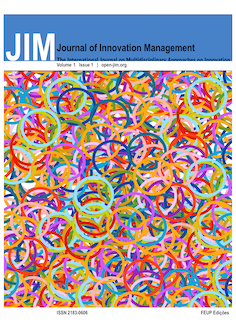
Selected, refereed papers from the 1st Science & Wine World Congress are planned to be published in a special issue of Journal of Innovation Management (www.open-jim.org)
This journal encourages the submission of papers addressing the multidisciplinary nature of the innovation process combining principles and concepts originating from a myriad of scientific areas, from social sciences to technology research and development. The journal encompasses all phases of the process of technological innovation from conceptualization of a new technology-based product/service process through commercialization.
ProQuest: Indexed as Scholarly Journal at ABI/Inform | Subject: Business and Economics | Pub ID: 2046363

